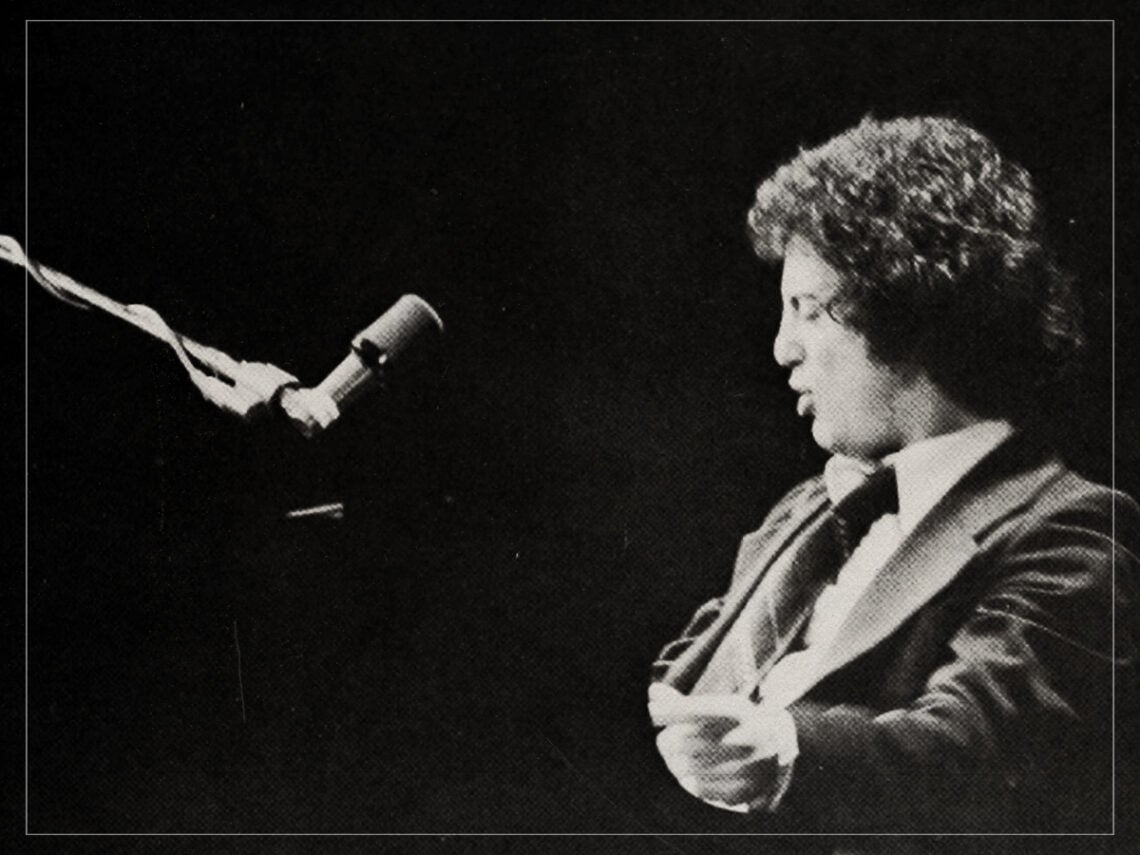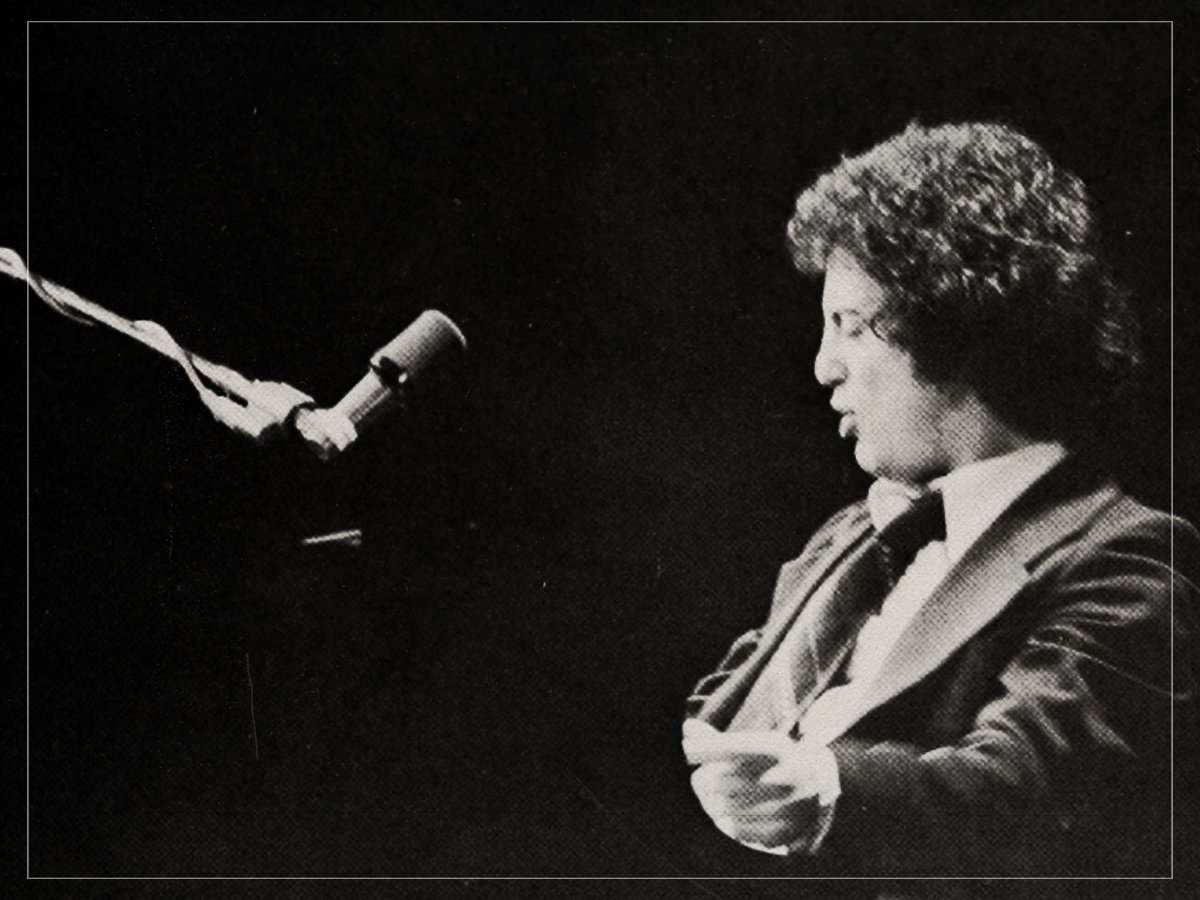
(Credits: Far Out / Public Domain)
Sun 17 August 2025 5:00, UK
Any artist can only be a child of their influences. As much as Billy Joel might have earned his stripes as a reluctant rock star, there would always be those moments where he would channel a hint of everything from Beethoven to Mozart in his sound. But he was shellshocked when someone could match the soul geniuses of old.
Then again, listening to Joel’s music has never exactly been the coolest choice for anyone to put on at a party. Joel may have a penchant for writing music that can please nearly every generation, but even by rock and roll standards, some of the dorkier moments of his career kick some serious ass. ‘It’s Still Rock and Roll to Me’ might be a little bit strange compared to every other rock song, but that kickass saxophone break in the middle is the essence of all things badass about the genre.
But the use of horns only came from Joel’s love of the area between rock and soul music. After all, some of the greatest rock musicians of all time had started off playing the blues, and it didn’t take long for people to split off into different directions. There would be Chuck Berry on one side and James Brown on the other, and while both of them could be classified as rock, Berry definitely had a lot more in common with the kids that had a calling to play guitar.
As far as Joel was concerned, though, the holy grail of singers was always Ray Charles. Whether he was singing country or going through his own repertoire, Charles had the essence of everything a great singer should be down to the last sultry vocal line, but once the music started shifting across the pond, Joel never managed to grasp the British Invasion in the same way.
Sure, The Rolling Stones were a great rock and roll band, but when someone heard the original blues artists they were copying first, what’s the point in listening to the pale imitation of it. It took the Stones a bit longer to get their blues chops, but when the Spencer Davis Group came out, Joel was taken aback at the kind of massive vocal runs that Steve Winwood could do on their classic tunes.
While The Beatles had their place in history, Joel felt that Winwood hit blues on the head, saying, “The Beatles had their own thing, but it didn’t really groove. It was all very stiff. Who was Spencer Davis? He was the guitar player, but all I heard was Winwood. The English invasion was giving us all our own music back. Winwood was doing Ray Charles. He’s a 16-year-old English kid who sounded like Ray Charles. It was bizarre.”
But what was strange to all the American kids became an archetype for every other singer that came after Winwood. Eric Clapton knew now to even touch a mic in Blind Faith if he had Winwood in the group, and while Robert Plant would eventually take his sound into new places, you can hear subtle Winwood-isms in the way that he approaches many of his bluesy on Zeppelin’s early records.
A lot of the British invasion may have been a good way of reintroducing music to the American market, but Joel knew that this was nothing new. This was a more sanitised version of what came before, but if Steve Winwood proved that a mild-mannered kid could sing that well, who’s to say that he couldn’t do the same thing behind his piano?
Related Topics
